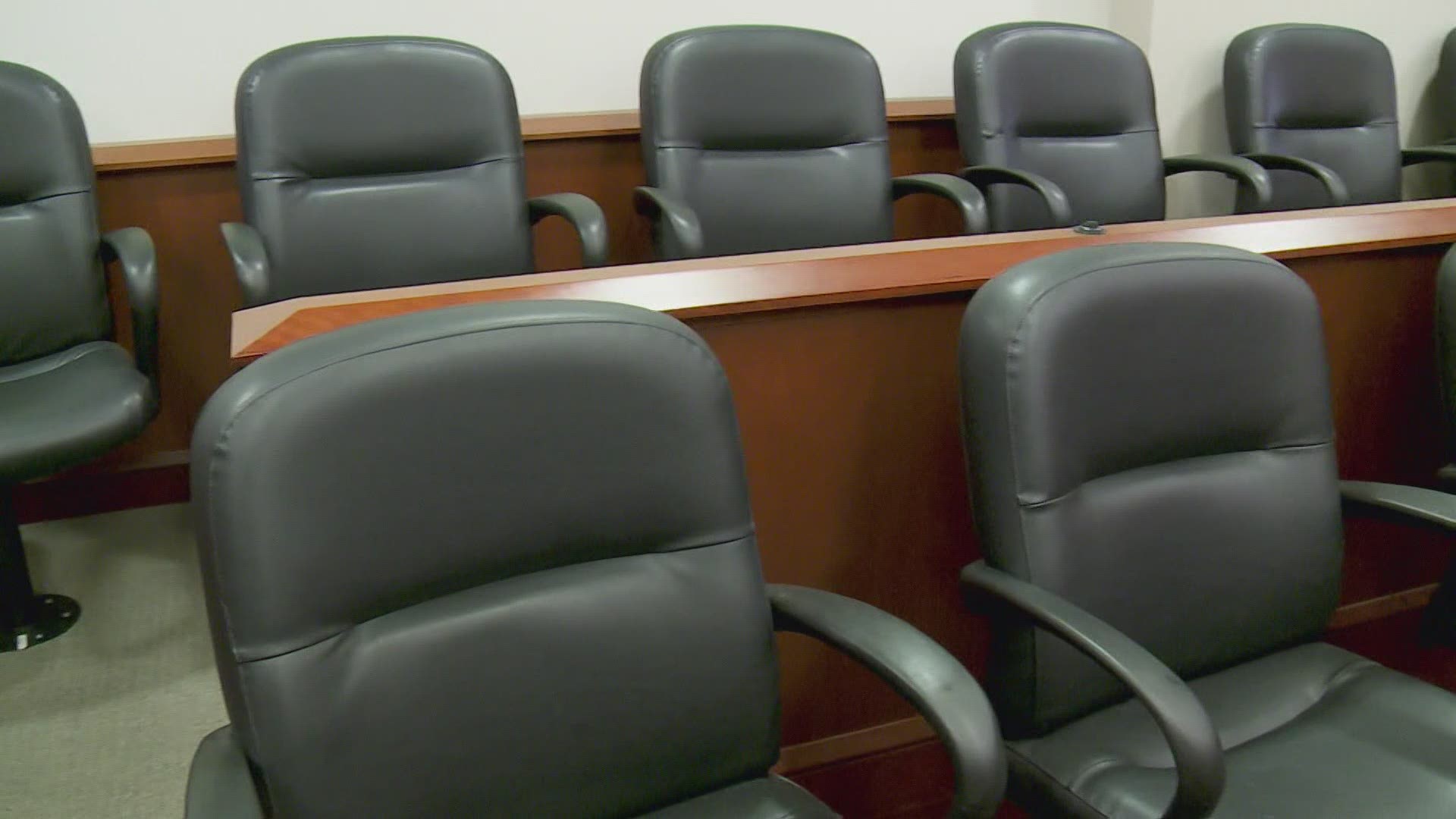NEW ORLEANS — Louisiana is at the heart of a United States Supreme Court decision where the justices ruled 6-3 Monday that prisoners convicted by non-unanimous juries before the practice was barred do not need to be retried. The ruling is impacting roughly 1,500 inmates who had been hoping for a new trial.
Louisiana voters threw out non-unanimous juries in 2018 for all cases moving forward later, the Supreme Court later ruled in Ramos vs. Louisiana non-unanimous juries unconstitutional but this, too, was only for future cases.
Justice Brett Kavanaugh wrote that the court’s “well-settled retroactivity doctrine” led to the conclusion that the decision doesn’t apply retroactively. Liberal Justice Elena Kagan wrote that because of the ruling, “For the first time in many decades those convicted under rules found not to produce fair and reliable verdicts will be left without recourse in federal courts,” according to a report by the Associated Press.
Orleans Parish District Attorney Jason Williams, who has already granted new trials to dozens convicted by split juries, released a statement saying, “this ruling does not change a district attorney’s responsibility and discretion to confront the presence of unfairness in the criminal legal system.” On the other side, Louisiana Attorney General Jeff Landry applauded the decision writing in a statement “today, the Supreme Court reaffirmed long-final convictions involving rape, murder, child molestation, and other violent crimes.”
The case heard by the Supreme Court involved a teenager named Thedrick Edwards, a black 19-year-old convicted on charges of aggravated rape, armed robbery and kidnapping during a crime spree in Baton Rouge in 2009.
The lone black juror in the case says her voice was not heard when deciding his fate. Back in February, JonRe Taylor told WWLTV’s Paul Dudley, she was ignored shortly after deliberations began in the Edwards case. The other 11 jurors were all white, according to court records, and Taylor says, not interested in what she had to say. Now, Taylor says it feels like the Supreme Court isn’t paying attention either.
“I feel like there were a lot of things they didn’t take into consideration and the lives of so many people and freedom of so many people were at stake over this decision,” said Taylor on Monday.
Taylor thought the ruling was going to be different, especially after teaming up with a law professor for an amicus brief or friend of the court brief submitted to the Supreme Court.
“One of the points we were hoping the supreme court would recognize is that this isn’t just a racist relic of the Jim Crow past that hurt black defendants, but it was also one that hurt black jurors,” said Thomas Frampton with the University of Virginia.
Frampton submitted a 34-page brief to the high court in November citing how Taylor was troubled by the lack of physical evidence and by the confession prosecutors presented to the jury. According to the brief, Edwards had been threatened, physically intimidated, and interrogated before a confession was taped. The brief did not seem to impact the ruling but both Frampton and Taylor have hope that state and local courts will bring about change.
“We are already seeing that with hundreds of cases in Orleans Parish with the new district attorney Jason Williams and it’s up to other district attorneys and other state judges whether they want to do the same,” said Frampton.
“I want to see that my voice matters,” added Taylor. “You signed me up for a civic duty but then it doesn’t even matter that I did it...I want that to go away.”

